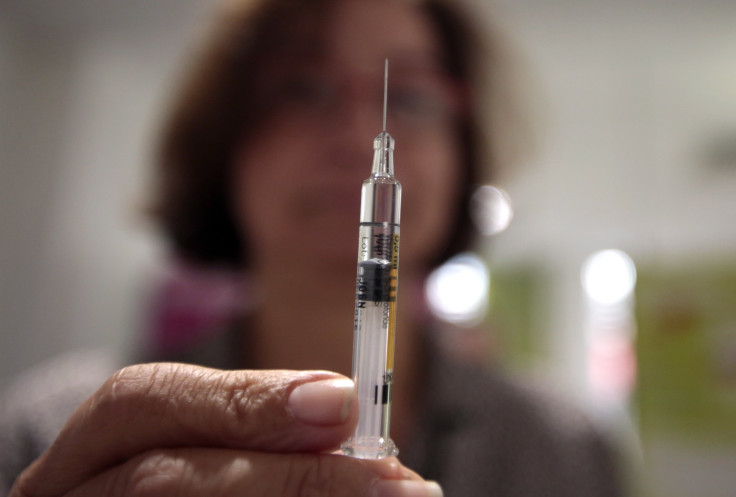BioNTech chief executive Ugur Sahin said the coronavirus vaccine they are developing with Pfizer could reduce COVID-19 transmission by up to 50 percent globally.
BioNTech and U.S. pharmaceutical firm Pfizer announced last week that their jointly developed COVID-19 vaccine candidate was 90 percent effective in protecting people from the disease. Sahin, the scientist behind the first potential coronavirus vaccine to pass interim clinical trials, said on Tuesday that the shot could reduce global transmission of COVID-19, causing a “dramatic” reduction in infections.
“As a scientist and from extrapolation of what we have seen so far from other viruses, I would expect a high efficacy in preventing disease translates into at least some efficacy in preventing infection,” said Ugur Sahin. “I’m very confident that transmission between people will be reduced by such a highly effective vaccine—maybe not 90 percent but maybe 50 percent,” he added.
Sahin added that certainty around the impact of the vaccine would not come until next year. Despite the reduction rate being pegged at only 50 percent, he said that would already result in a significant reduction of the pandemic spread.
The BioNTech chief said their scientists would have a better understanding of the impact of the coronavirus vaccine in curbing transmission in a few months, following further analysis of its response in trial participants. The company earlier said that finding the answers to crucial questions regarding the efficacy of the COVID vaccine and establishing whether it could also stop asymptomatic infections would only be answerable in the coming weeks and months.
It remains unknown how long immunization will last once a person receives the vaccine, but Sahin said it could be required “every year, every second year, or every five years,” depending on the antibody response. Sahin also revealed that they hope to deliver the vaccine by the end of 2020 but its impact might not be felt until summer next year.
“We will not have a big impact on the infection numbers with our vaccine this winter,” he said. “If everything continues to go well, we will start to deliver the vaccine end of this year, beginning of next year. The bigger impact will not happen until summer. The summer will help us anyway because the infection rate will go down,” he explained.

© 2025 Latin Times. All rights reserved. Do not reproduce without permission.



